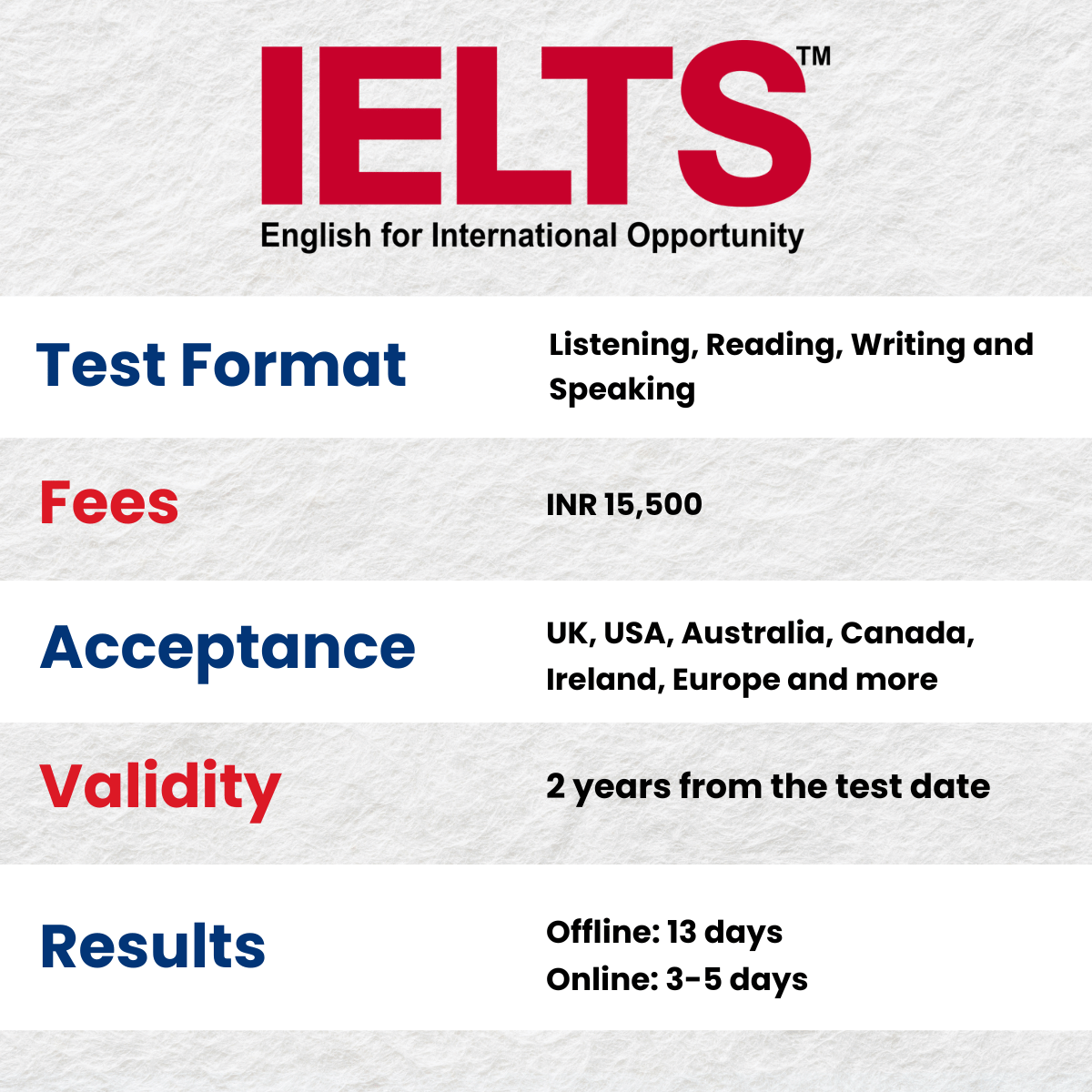Are you looking to enhance your English language skills and pursue higher education or work opportunities abroad? If so, then the International English Language Testing System (IELTS) is the perfect gateway for you. IELTS is a globally recognized English language proficiency test that assesses your ability to communicate effectively in English, whether it be for academic or professional purposes.
With over 3 million tests taken each year, IELTS is the most popular English language test for higher education and global migration. It is accepted by over 10,000 organizations worldwide, including universities, employers, immigration authorities, and professional bodies. So, if you are planning to study, work, or migrate to an English-speaking country, having a good understanding of IELTS is essential.
Knowledge about IELTS Exams
There are two types of IELTS exams: the IELTS Academic test and the IELTS General Training test. The Academic test is designed for those who want to study at a university at an undergraduate or postgraduate level, while the General Training test is for those who want to work, migrate, or undertake non-academic training in an English-speaking country.
The IELTS exam consists of four sections: Listening, Reading, Writing, and Speaking. Each section assesses a different aspect of your English language skills, such as your ability to understand spoken English, read and comprehend written texts, write coherently, and speak fluently and coherently.
It is important to familiarize yourself with the format of the IELTS exam and practice regularly to improve your skills. There are plenty of resources available online, including practice tests, sample questions, and study materials, to help you prepare for the exam. Additionally, enrolling in an IELTS preparation course can also be beneficial in improving your chances of success.
On the day of the exam, make sure to arrive early, bring all the necessary documents, and follow the instructions carefully. Remember to stay calm and focused during the test, and do your best in each section. After completing the exam, you will receive a score ranging from 0 to 9 for each section, as well as an overall band score, which will determine your proficiency level in English.
In conclusion, having a good understanding of the IELTS exam is crucial if you want to achieve your goals of studying, working, or migrating to an English-speaking country. By familiarizing yourself with the exam format, practicing regularly, and seeking guidance from experienced instructors, you can increase your chances of success and achieve your desired band score. So, start your IELTS journey today and unlock a world of opportunities!
